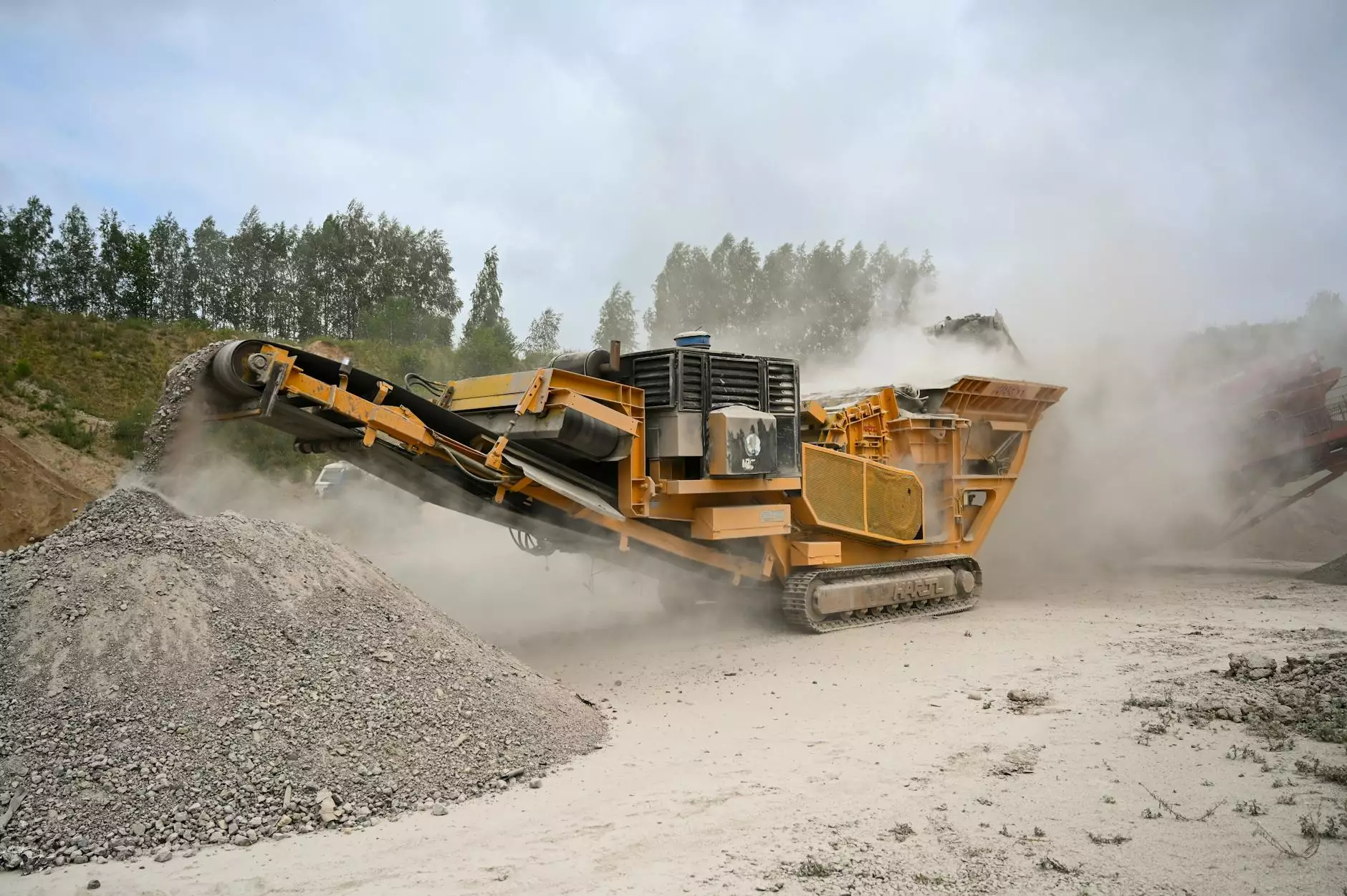The Pros and Cons of Nuclear Power:

Introduction to Nuclear Power
Nuclear power refers to the use of controlled nuclear reactions to generate electricity. It plays a significant role in meeting the world's energy needs and holds both advantages and disadvantages.
Pros of Nuclear Power:
1. Clean Energy Source
Nuclear power is considered a clean energy source as it produces minimal greenhouse gas emissions compared to fossil fuels. This can be beneficial for businesses aiming to reduce their carbon footprint and contribute to environmental sustainability.
2. Energy Security and Reliability
Nuclear power plants provide a stable and reliable source of electricity, making them less susceptible to fluctuations in fuel prices and supply disruptions. This can benefit businesses that require consistent energy supply to operate efficiently.
3. Cost-Effectiveness in the Long Run
Although nuclear power plants require significant initial investment, they have a long operational lifespan and relatively low operating costs. This makes them cost-effective in the long run, especially for businesses with high energy demands.
4. High Energy Density
Nuclear fuel has a high energy density, meaning a small amount of fuel can generate a large amount of energy. This efficiency can be advantageous for businesses seeking to maximize energy output while minimizing resource usage.
5. Technological Advancements and Innovation
The nuclear power industry is constantly evolving with advancements in technology and safety measures. Businesses can benefit from these innovations to improve operational efficiency and safety standards within their facilities.
Cons of Nuclear Power:
1. Nuclear Waste Disposal
One of the major concerns associated with nuclear power is the disposal of radioactive waste. Proper management and disposal of nuclear waste are crucial to prevent environmental contamination and ensure the safety of future generations.
2. Risk of Accidents and Meltdowns
Nuclear power plants pose a risk of accidents and meltdowns, which can have catastrophic consequences for both the environment and human health. The potential for accidents underscores the importance of stringent safety regulations and protocols.
3. Uranium Mining and Resource Depletion
The mining and processing of uranium, the primary fuel used in nuclear reactors, can have negative environmental impacts such as habitat destruction and water pollution. Additionally, there are concerns about the finite nature of uranium resources and the need for sustainable alternatives.
4. Security and Proliferation Risks
Nuclear power plants and materials can be potential targets for terrorist attacks or theft, posing security risks to both the facilities and the surrounding areas. The proliferation of nuclear technology also raises concerns about the spread of nuclear weapons.
5. Public Perception and Social Acceptance
Nuclear power has faced opposition from certain segments of society due to perceived risks and safety concerns. Businesses considering nuclear power must navigate public perception and social acceptance to maintain a positive reputation within their communities.
Conclusion
While nuclear power offers benefits such as clean energy generation, reliability, and technological advancements, it also presents challenges related to waste disposal, safety risks, and public perception. Businesses must weigh the pros and cons of nuclear power carefully to make informed decisions that align with their sustainability goals and operational needs.
Explore the possibilities of nuclear power for your business at Our Power.









